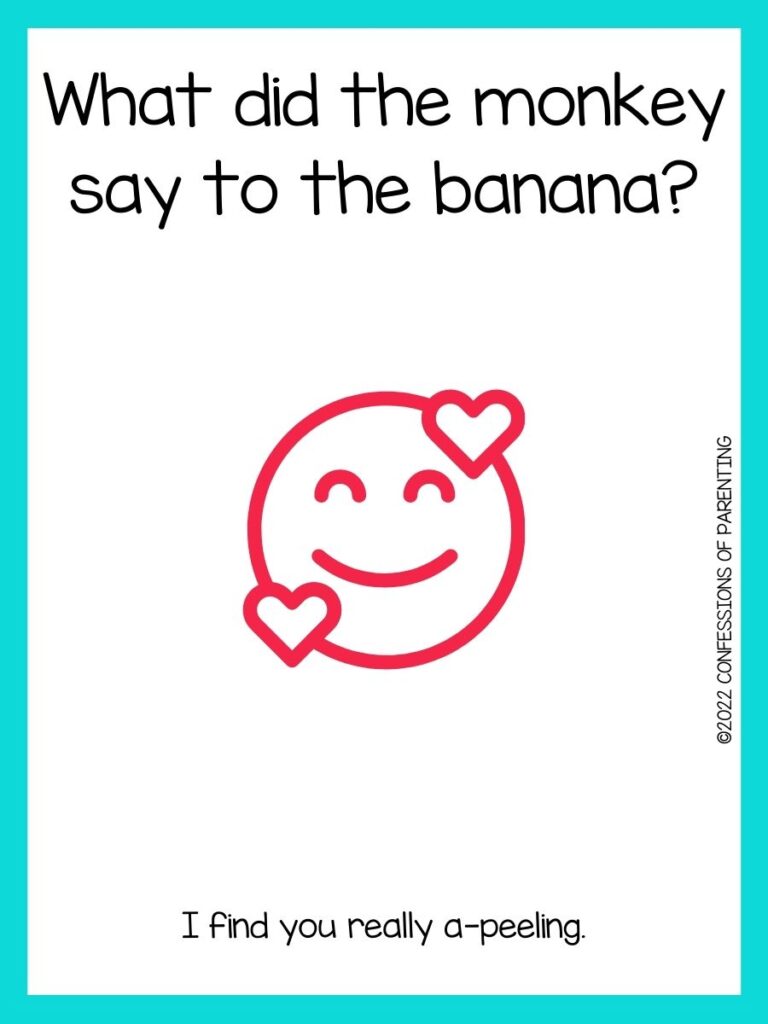Laughter truly is the best medicine, and funny jokes play a significant role in making our lives happier and more enjoyable. From family gatherings to workplace breaks, a well-timed joke can lighten the mood and bring people together. Whether you're looking for classic one-liners or modern-day humor, there's a joke out there for everyone. In this article, we'll dive into the world of funny jokes and explore why they're so important for our mental and emotional well-being.
Humor has been a part of human culture for centuries, transcending languages, borders, and generations. Funny jokes not only entertain but also serve as a tool for communication, education, and even therapy. By incorporating humor into our daily lives, we can reduce stress, improve relationships, and enhance our overall quality of life.
In this article, we'll share 50 funny jokes that will leave you in stitches. We'll also explore the psychological benefits of laughter, tips for delivering jokes effectively, and how to create your own funny jokes. So, get ready to laugh, learn, and enjoy the power of humor!
Read also:Unveiling The Inspiring Journey Of Deyjah Harris A Rising Star In The Entertainment World
Table of Contents
- Biography of Humor
- The Importance of Funny Jokes
- Categories of Funny Jokes
- Psychological Benefits of Laughter
- Tips for Delivering Funny Jokes
- How to Create Your Own Funny Jokes
- 50 Funny Jokes to Try
- The Role of Culture in Humor
- Funny Jokes for Children
- Conclusion: Keep Laughing!
Biography of Humor
What Makes a Joke Funny?
The art of humor has been studied for centuries, with philosophers, psychologists, and linguists trying to decode what makes a joke funny. At its core, humor often revolves around surprise, irony, and unexpected twists. A good joke challenges our expectations and offers a fresh perspective on everyday situations.
According to research published in the Journal of Personality and Social Psychology, humor is most effective when it strikes a balance between being unexpected and still relatable. This means that the best jokes often play with familiar scenarios but add an element of surprise to make them memorable.
History of Funny Jokes
Humor has been a part of human culture since ancient times. From the witty plays of Shakespeare to the modern-day stand-up comedy routines, funny jokes have evolved with society. In the 18th century, jest books became popular, offering collections of jokes and anecdotes that people could share with friends and family.
Today, funny jokes are shared globally through social media platforms, podcasts, and live performances. The internet has made it easier than ever to access humor, with websites like Reddit and Twitter becoming go-to sources for quick laughs.
The Importance of Funny Jokes
Funny jokes play a crucial role in our daily lives, offering more than just entertainment. They help us connect with others, break the ice in social situations, and even improve our mental health. Studies have shown that laughter can reduce stress hormones, boost the immune system, and increase endorphins, which are natural mood enhancers.
Moreover, funny jokes can serve as a coping mechanism during tough times. By finding humor in difficult situations, we can shift our perspective and approach challenges with a more positive mindset. This ability to find joy in adversity is one of the reasons why humor is so valuable.
Read also:Molly Mesnick The Inspiring Journey Of A Renowned Wedding Planner And Host Of Say Yes To The Dress
Categories of Funny Jokes
One-Liners
One-liners are short, punchy jokes that deliver a quick laugh. They often rely on wordplay, irony, or absurdity to get their point across. For example:
- Why don’t skeletons fight each other? They don’t have the guts.
- What do you call fake spaghetti? An impasta!
Knock-Knock Jokes
Knock-knock jokes are classic and timeless, perfect for kids and adults alike. They follow a simple format: someone "knocks" and the listener responds, leading to a funny punchline. Here's an example:
- Knock, knock. Who’s there? Lettuce. Lettuce who? Lettuce in, it’s freezing out here!
Psychological Benefits of Laughter
Laughter is not just a physical reaction; it also has profound psychological effects. When we laugh, our brain releases endorphins, which are natural painkillers and mood enhancers. This process helps reduce stress, anxiety, and depression, making laughter an effective tool for mental well-being.
Research conducted by the Association for Psychological Science suggests that laughter can improve cognitive function, enhance creativity, and even strengthen social bonds. By incorporating funny jokes into our daily routines, we can enjoy these benefits and lead happier, healthier lives.
Tips for Delivering Funny Jokes
Timing is Everything
One of the most important aspects of delivering a funny joke is timing. A well-timed pause or emphasis on a particular word can make all the difference in how a joke lands. Practice your delivery by experimenting with different rhythms and tones until you find what works best for you.
Know Your Audience
Understanding your audience is crucial when sharing funny jokes. What works for one group may not resonate with another. For example, jokes that involve complex wordplay might appeal to adults, while simple, visual gags are more effective for children. Tailor your jokes to suit the preferences and interests of your listeners.
How to Create Your Own Funny Jokes
Creating your own funny jokes is a fun and rewarding process that allows you to express your unique sense of humor. Start by observing the world around you and identifying situations that seem ironic or absurd. Then, think about how you can twist these scenarios to create a humorous outcome.
Here are some tips to help you get started:
- Use wordplay and puns to add an extra layer of humor.
- Experiment with different formats, such as one-liners, knock-knock jokes, or anecdotes.
- Practice your delivery and refine your jokes based on feedback from friends and family.
50 Funny Jokes to Try
Here’s a list of 50 funny jokes to brighten your day:
- Why don’t scientists trust atoms? Because they make up everything!
- What do you call a fake noodle? An impasta!
- Why don’t skeletons fight each other? They don’t have the guts.
- What’s orange and sounds like a parrot? A carrot!
- Why did the scarecrow get promoted? Because he was outstanding in his field!
- Why don’t oysters donate to charity? Because they’re shellfish!
- What do you call a bear with no teeth? A gummy bear!
- Why did the golfer bring two pairs of pants? In case he got a hole in one!
- What’s black and white and read all over? A newspaper!
- Why don’t skeletons fight each other? They don’t have the guts.
- Knock, knock. Who’s there? Lettuce. Lettuce who? Lettuce in, it’s freezing out here!
- Why don’t skeletons fight each other? They don’t have the guts.
- What do you call cheese that isn’t yours? Nacho cheese!
- Why don’t skeletons fight each other? They don’t have the guts.
- What do you call a fish wearing a bowtie? Sofishticated!
- Why don’t skeletons fight each other? They don’t have the guts.
- What do you call a fake spider? An impasta!
- Why don’t skeletons fight each other? They don’t have the guts.
- What do you call cheese that isn’t yours? Nacho cheese!
- Why don’t skeletons fight each other? They don’t have the guts.
- What do you call a fish wearing a bowtie? Sofishticated!
The Role of Culture in Humor
Humor is deeply influenced by cultural factors, including language, traditions, and societal norms. What might be considered funny in one culture could fall flat in another. For example, sarcasm is more common in Western cultures, while slapstick humor tends to resonate more in Eastern societies.
When sharing funny jokes across cultures, it's important to be mindful of these differences and adapt your humor accordingly. By doing so, you can ensure that your jokes are well-received and enjoyed by a wider audience.
Funny Jokes for Children
Children have a unique sense of humor that often revolves around simplicity and absurdity. Funny jokes for kids should be easy to understand and visually engaging. Here are a few examples:
- Why did the scarecrow get invited to the party? Because he was a crop sensation!
- What do you call a dinosaur with a extensive vocabulary? A thesaurus!
- Why did the math book look so sad? Because it had too many problems!
Conclusion: Keep Laughing!
In conclusion, funny jokes are more than just a source of entertainment; they are a powerful tool for improving our mental, emotional, and social well-being. By incorporating humor into our daily lives, we can reduce stress, strengthen relationships, and enhance our overall quality of life.
We hope this article has provided you with plenty of laughs and insights into the world of funny jokes. Now it's your turn to share the joy! Leave a comment with your favorite joke, share this article with friends and family, or try creating your own funny jokes. Remember, laughter is contagious, so spread the joy and keep smiling!


